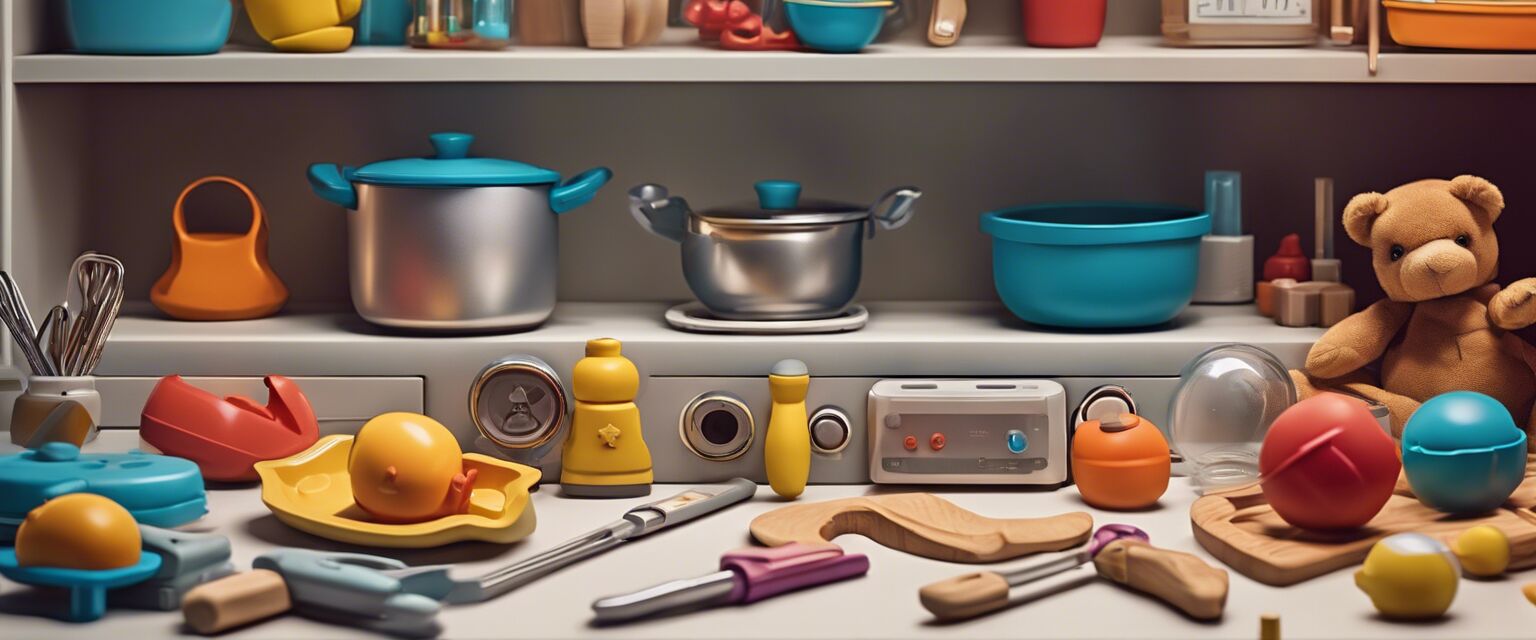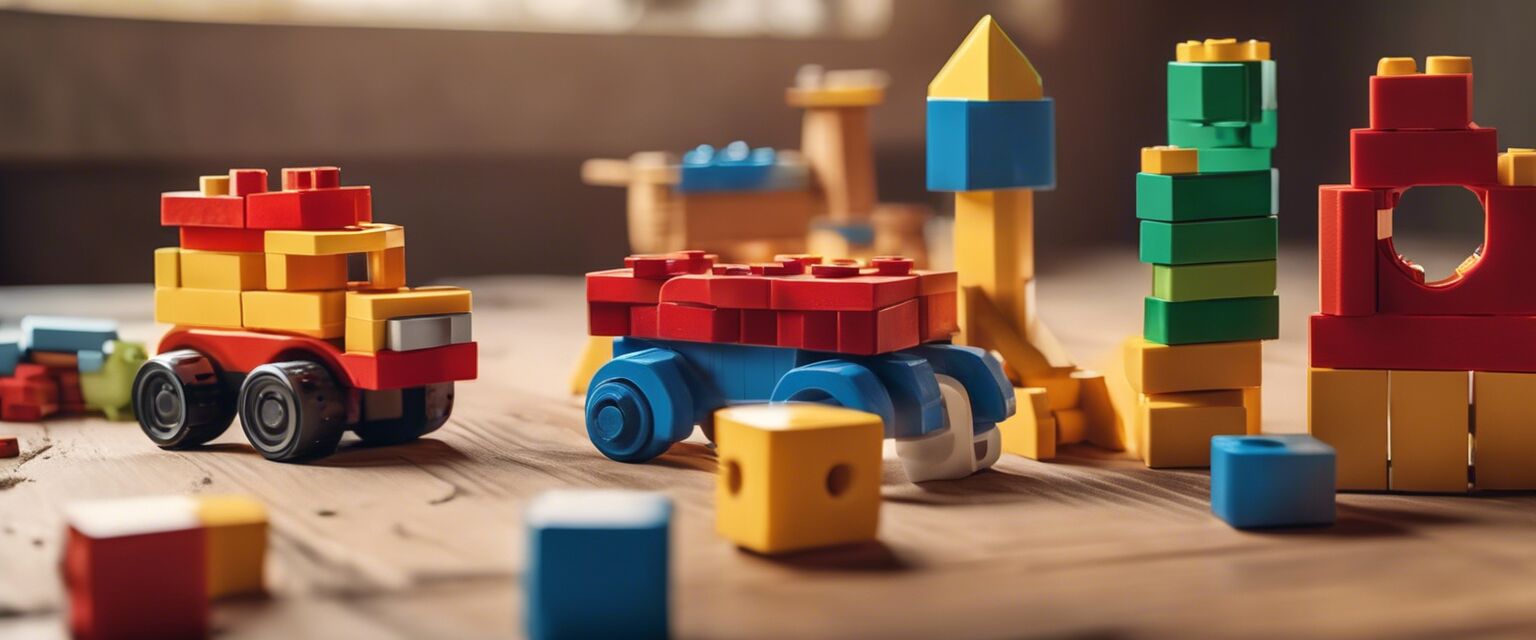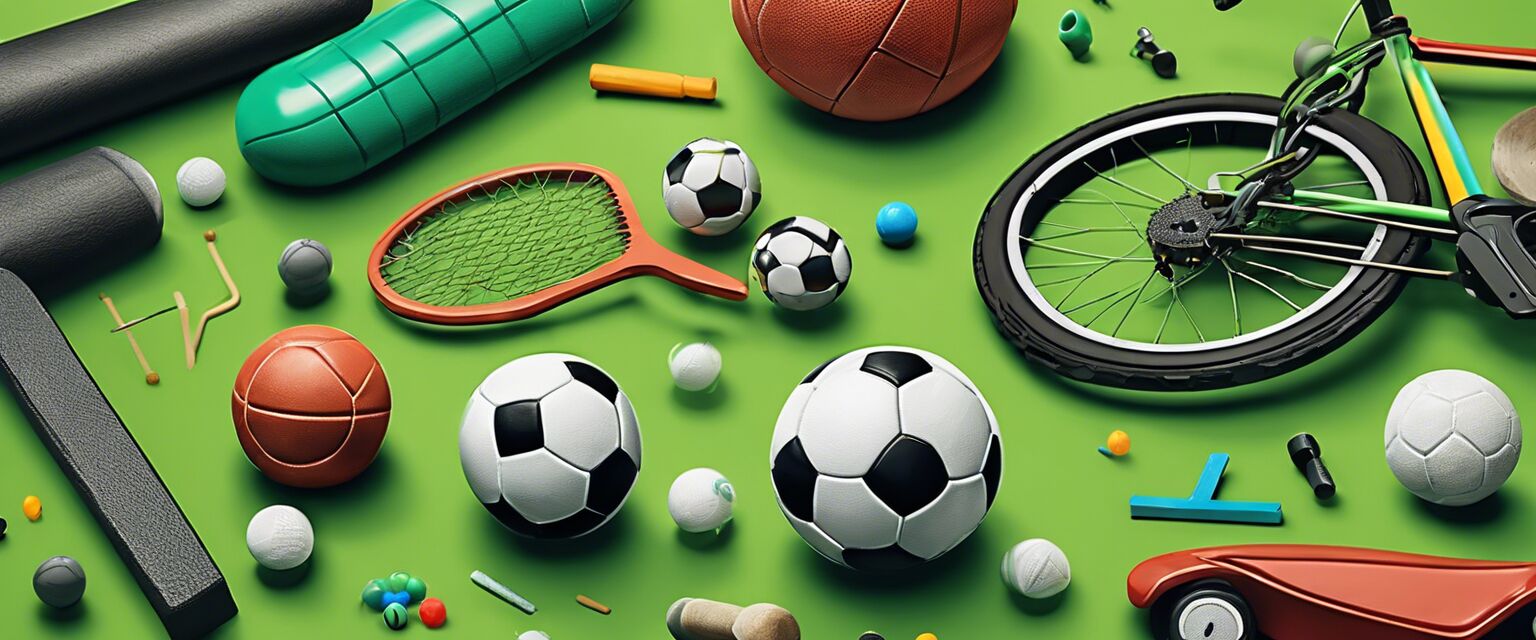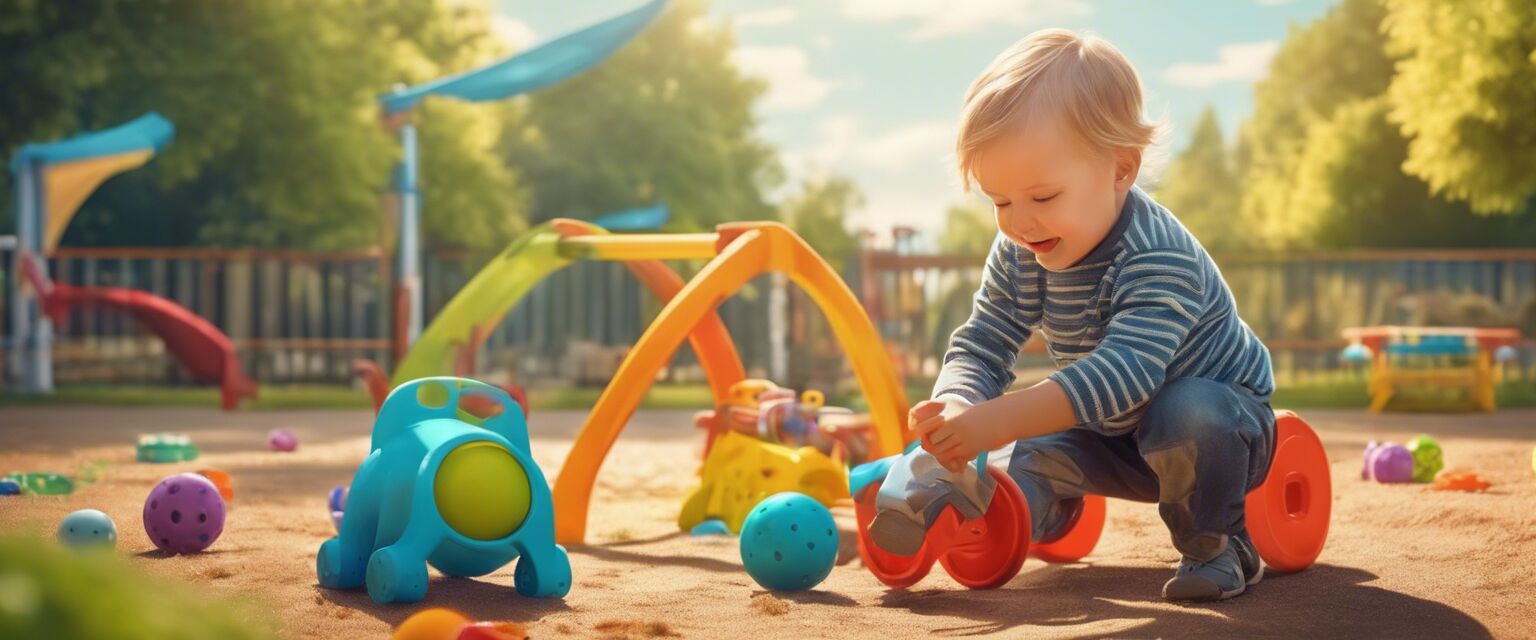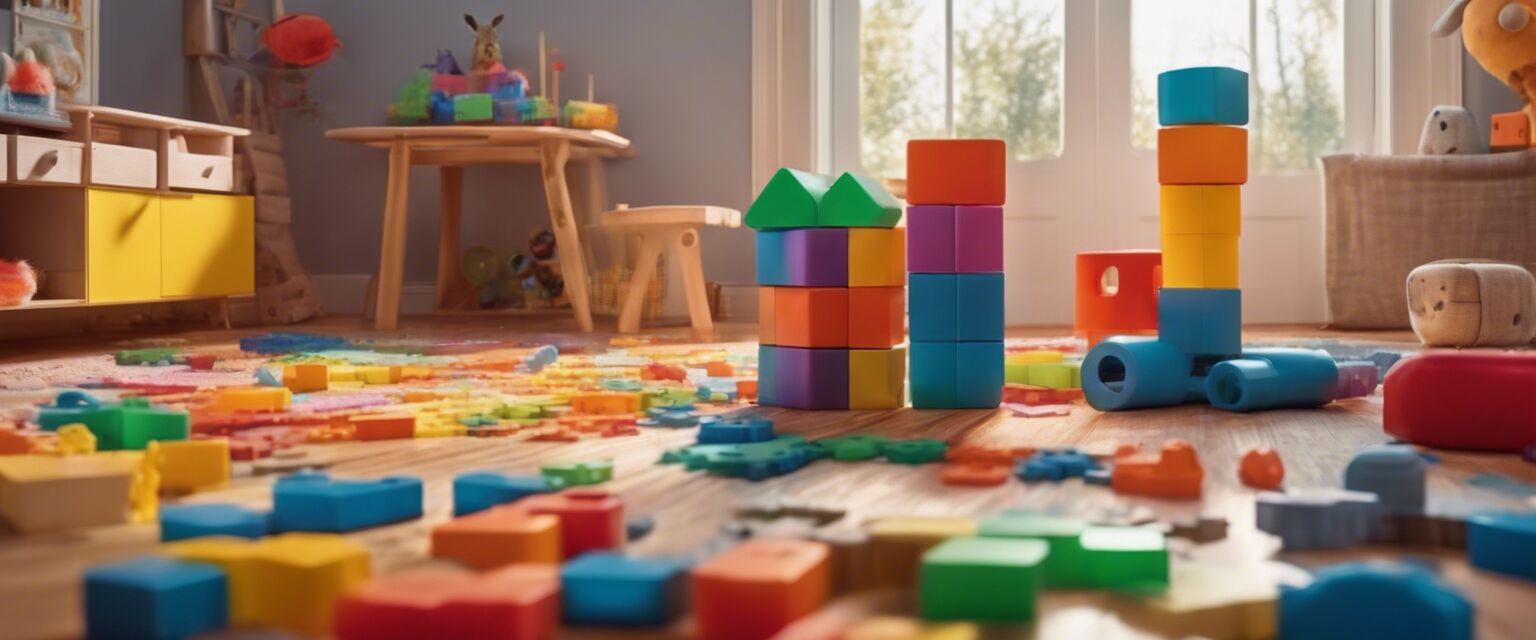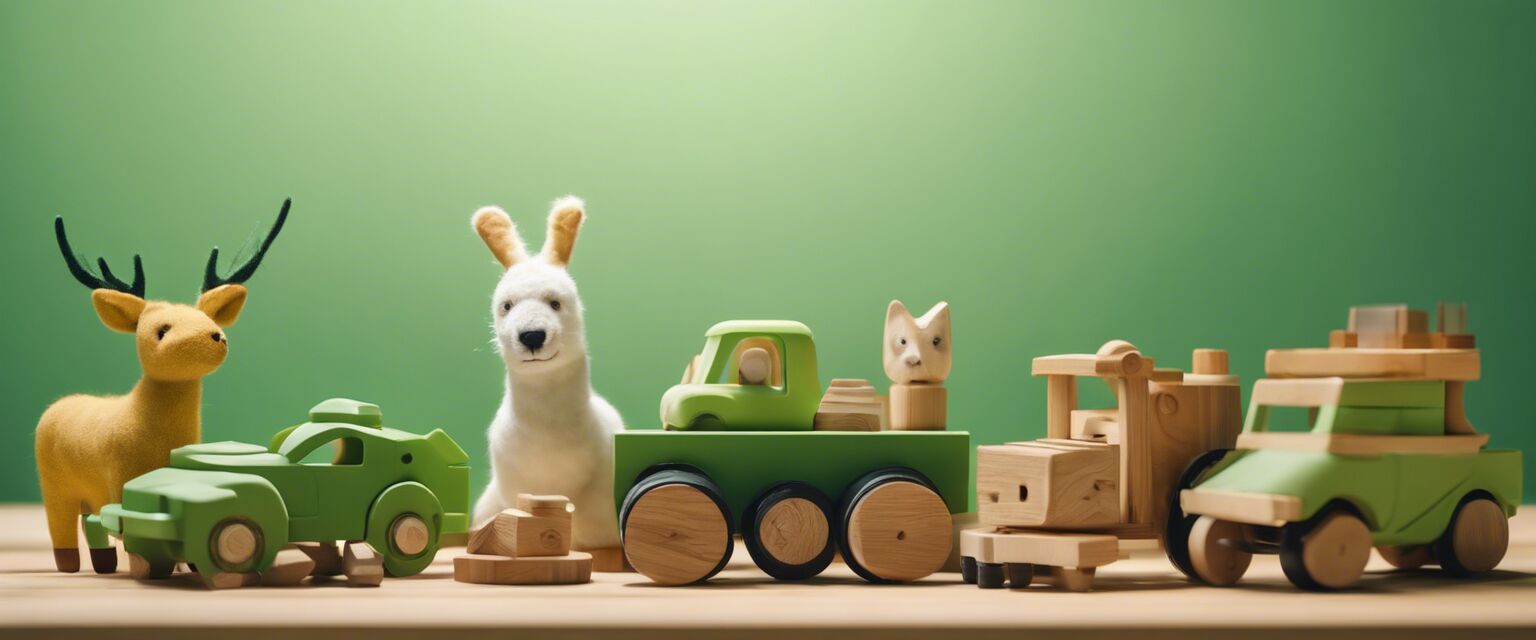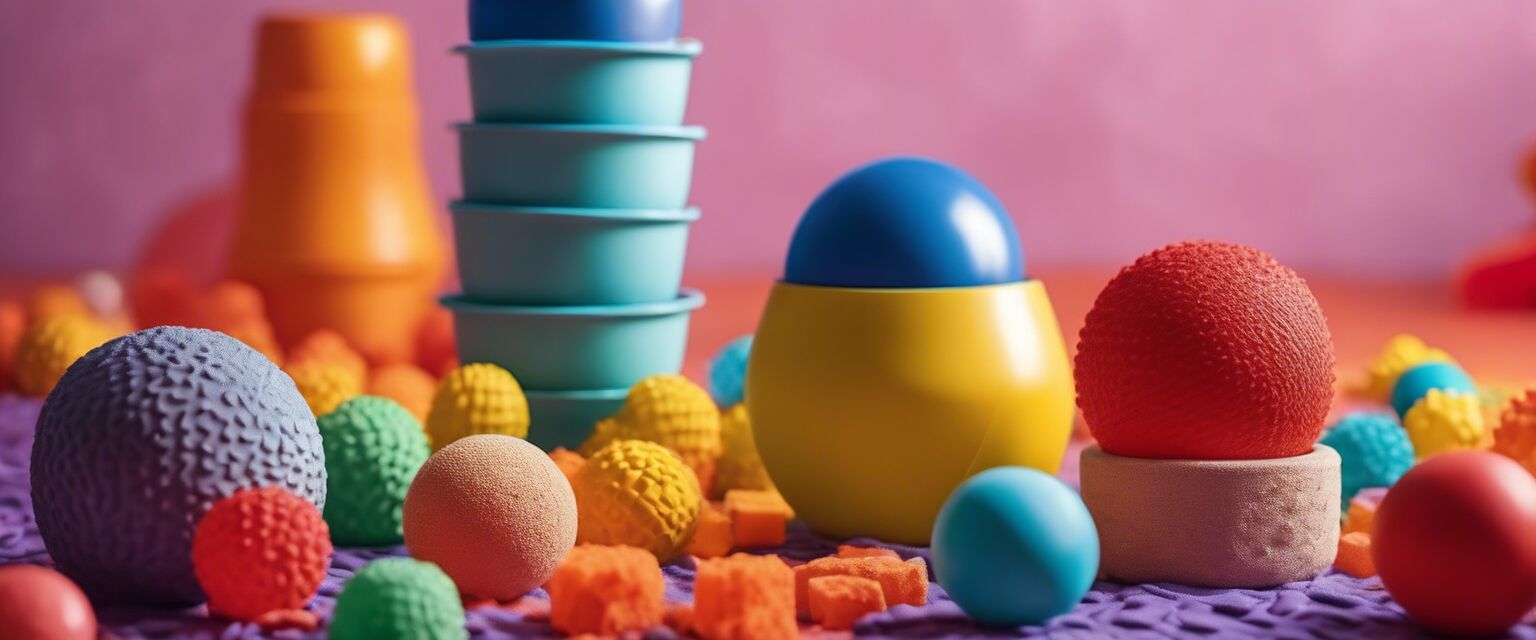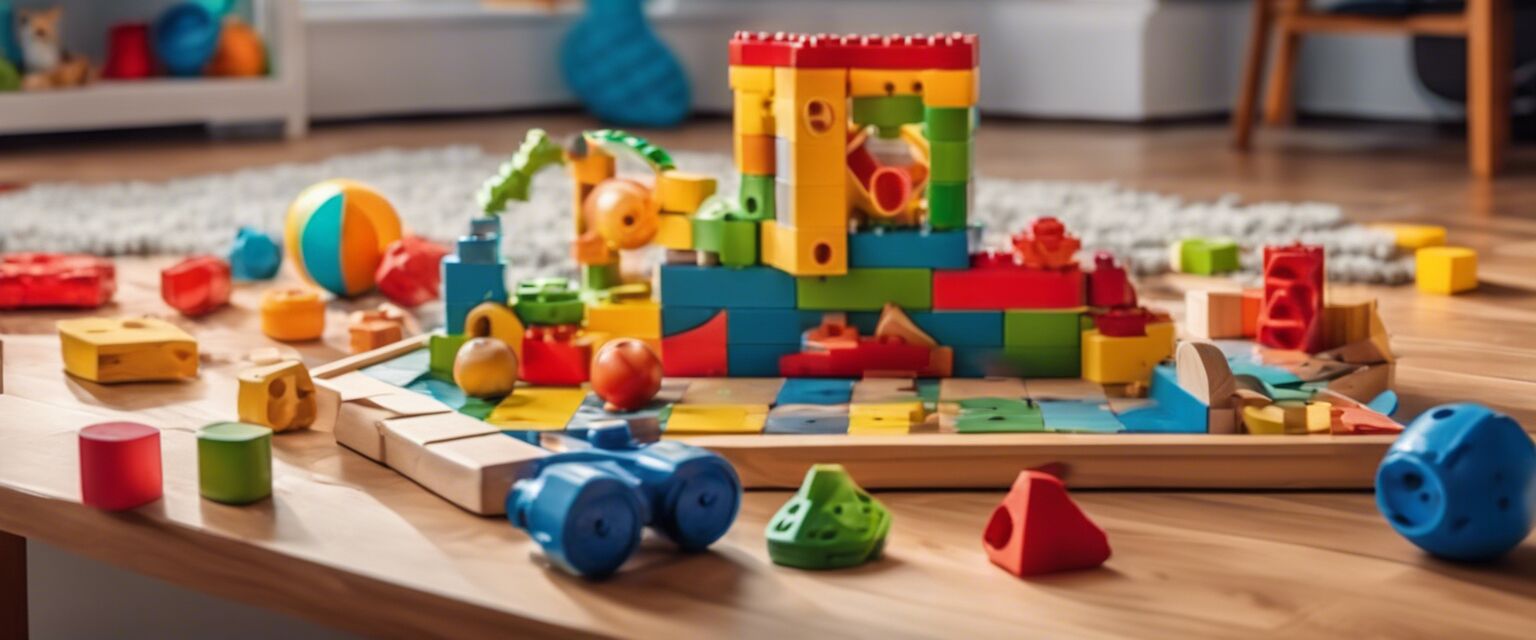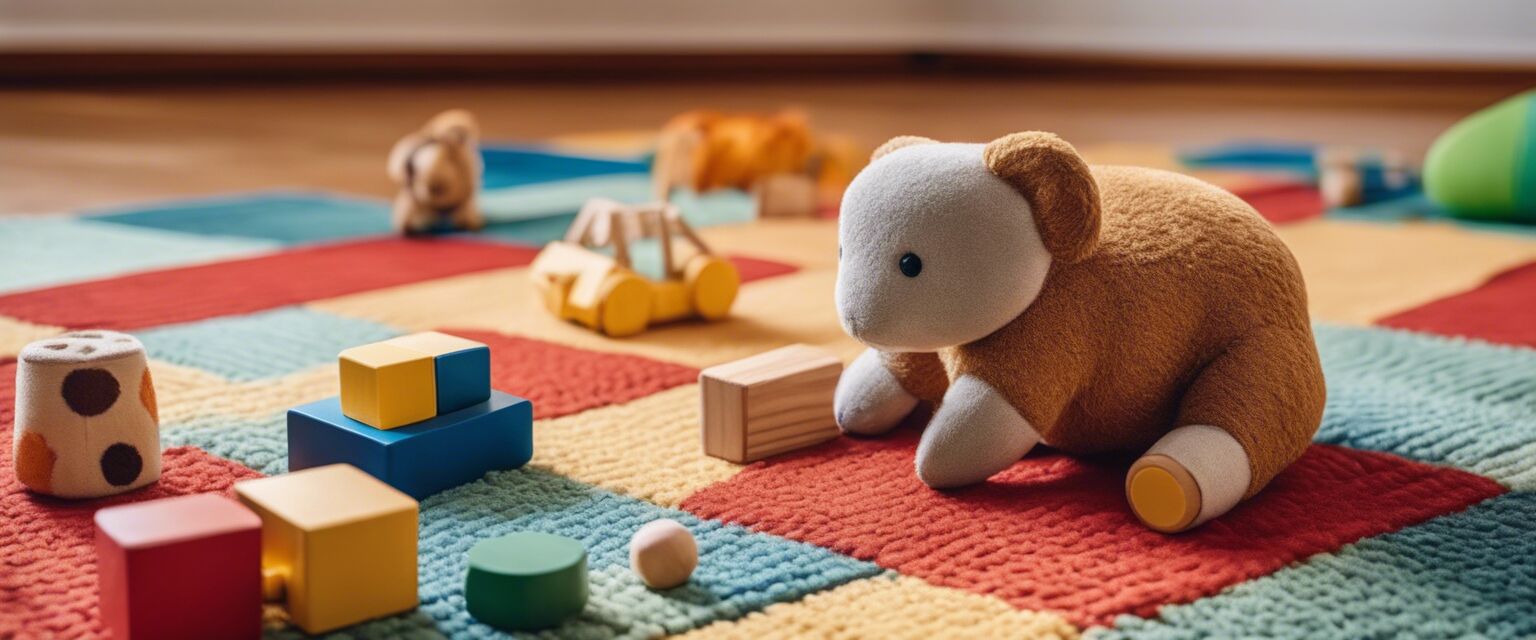
Montessori Toys
Explore Montessori-approved toys designed to enhance developmental skills, creativity, and independent play. These toys not only promote engagement but also encourage toddlers to think critically, explore their surroundings, and express their emotions.
Key Takeaways
- Montessori toys encourage independent play and critical thinking.
- They are designed to promote creativity and emotional intelligence.
- These toys are typically made from high-quality, natural materials.
- Montessori toys avoid electronics and batteries, focusing instead on sensory experiences.
What are Montessori toys?
Montessori toys are specifically designed to conform to the principles of Montessori education. These principles emphasize learning through play, hands-on activities, and independent exploration. They cater not just to the cognitive development of children but also to their emotional and social growth.
Benefits of Montessori toys
| Benefit | Description |
|---|---|
| Encourages independence | Children can play on their own, make choices, and resolve problems. |
| Promotes creativity | Open-ended play allows children to use their imagination. |
| Boosts physical development | Fine and gross motor skills are enhanced through manipulation of toys. |
| Fosters social skills | Group play encourages sharing, cooperation, and emotional understanding. |
Types of Montessori toys
Montessori toys can be categorized into various types based on the developmental skills they promote. Here’s a look at some popular types:
1. Art & Craft Kits
These kits encourage toddlers to express themselves creatively through various art mediums.
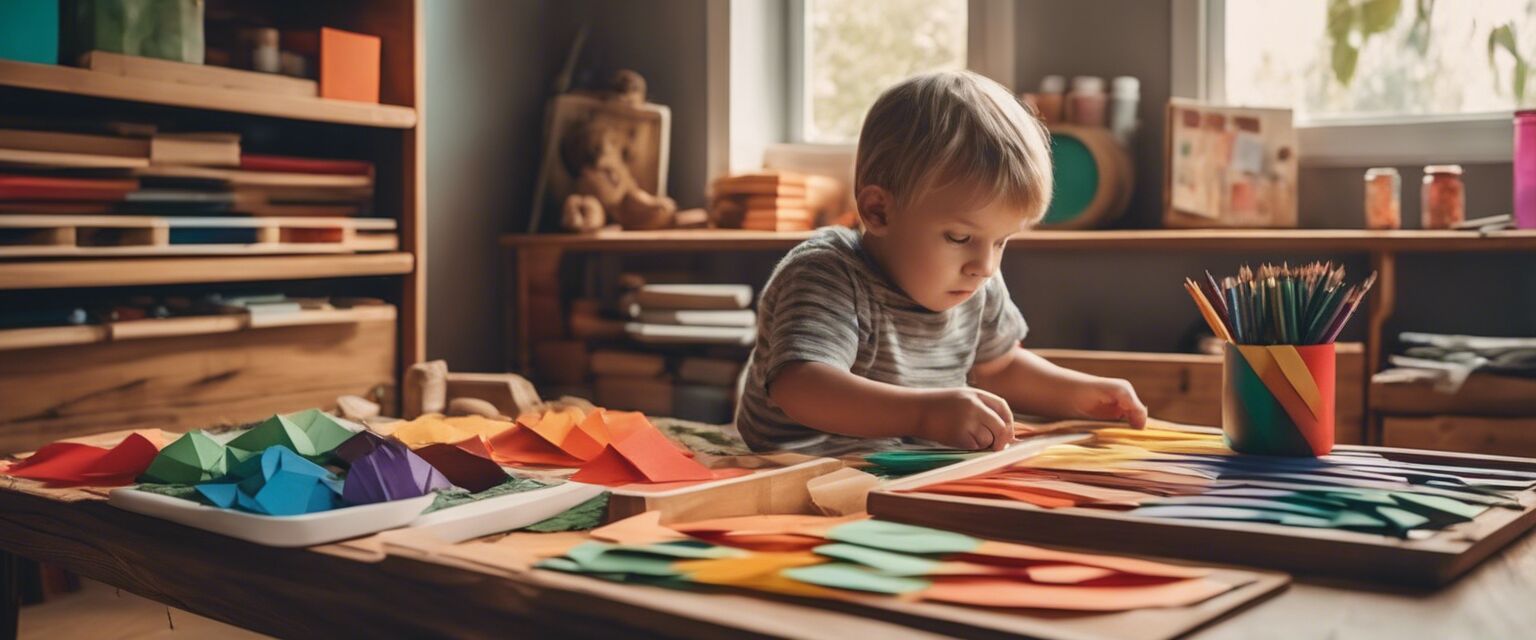
2. Building Blocks & Construction Toys
Building blocks encourage spatial awareness and problem-solving skills as toddlers create their own structures.
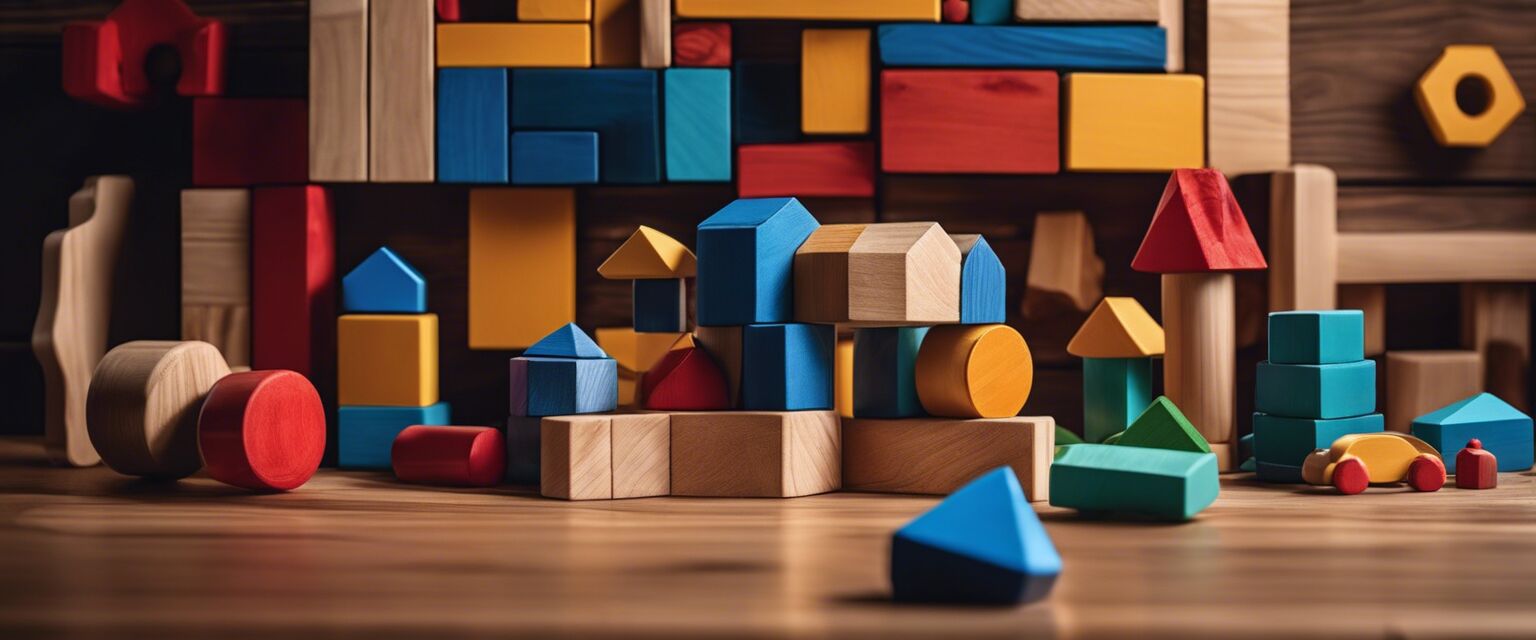
3. Educational Toys
Many Montessori toys teach children about colors, shapes, and numbers through hands-on play.
For more on educational toys, check our page on educational toys.
4. Musical Toys
Musical instruments allow toddlers to explore sounds and rhythms, enhancing auditory skills.
5. Outdoor Play Gear
Outdoor toys encourage exploration and physical activity, which are essential for holistic development. For ideas on best practices, visit our section on outdoor play gear.
6. Stuffed Animals & Plush Toys
Soft toys foster emotional development and imaginative play. They provide comfort and encourage empathy.
How to choose the right Montessori toys
Selecting the right Montessori toys involves considering several key factors:
- Age appropriateness: Ensure the toys are suitable for your toddler's age and developmental stage.
- Material quality: Opt for toys made from natural materials that are safe and durable.
- Open-endedness: Choose toys that can be used in multiple ways to encourage creativity.
- Educational value: Look for toys that teach skills efficiently through play.
Pros
- Enhances creativity and imagination.
- Promotes independent play and decision-making.
- Encourages physical and cognitive development.
- Develops emotional intelligence and social skills.
Cons
- May have a higher upfront investment compared to traditional toys.
- Requires space for play and storage.
- Not all children may engage with open-ended toys intuitively.
Frequently asked questions
Are Montessori toys only for certain age groups?
No, Montessori toys are available for various age groups. They are designed to meet the developmental needs of toddlers, preschoolers, and beyond.
Where can I find high-quality Montessori toys?
You can find quality Montessori toys in specialized toy shops or online marketplaces. For more options, explore our section on art and craft kits.
What materials are commonly used in Montessori toys?
Montessori toys are often made from wood, fabric, and other natural materials, avoiding plastic and electronic components.
Conclusion
Montessori toys are a fantastic investment in your child's development. They inspire curiosity, creativity, and a love for learning—qualities that can benefit children throughout their lives. By choosing Montessori toys that fit into your child's playtime, you can create an engaging environment that promotes holistic growth.
Tips for getting started
- Start with a few essential toys that target specific skills.
- Rotate toys regularly to maintain engagement and interest.
- Encourage group play to develop social skills.
- Observe your child's interests and adjust the toys accordingly.
